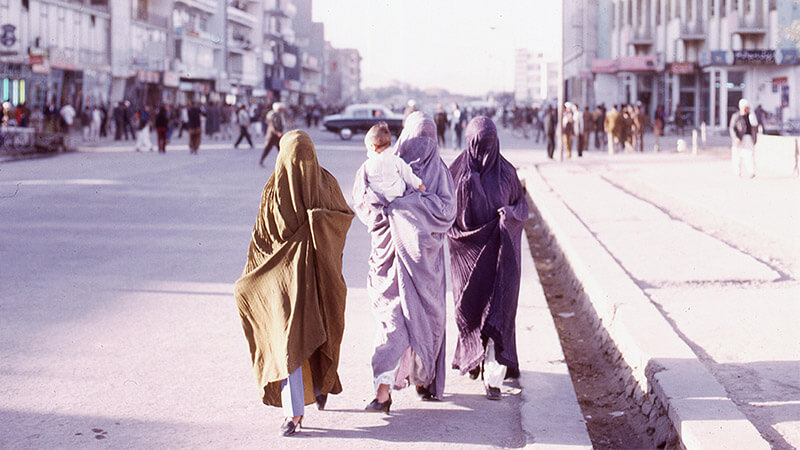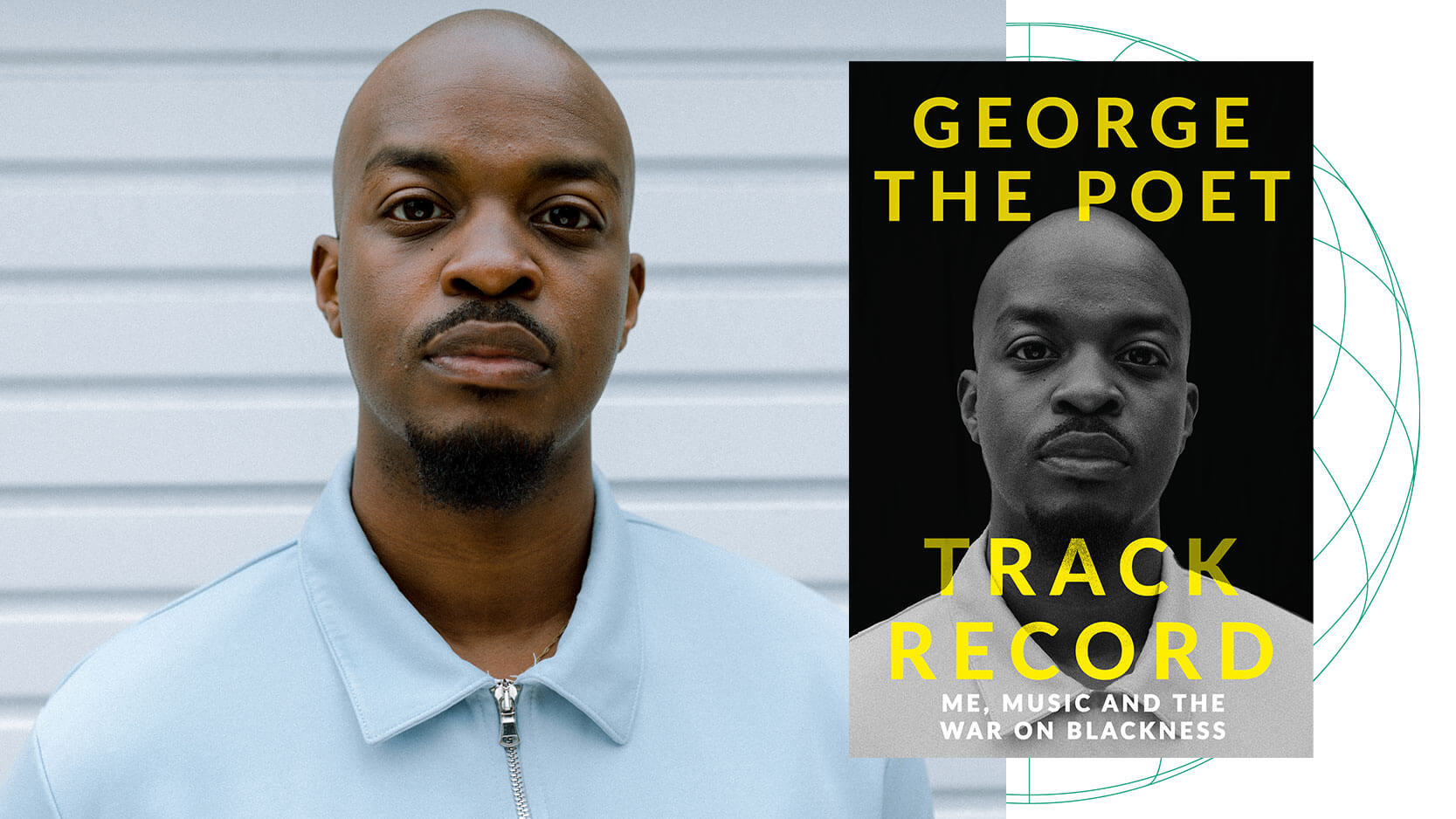The Reality Of The Taliban’s Anti-Women Regime – From The ’90s To Today
Dua’s Monthly Read for February is A Thousand Splendid Suns by Khaled Hosseini, a book that follows two women and their struggles living under the Taliban. Here, we explore the history and lives of those oppressed by the Taliban’s anti-women regime...
“Like a compass needle that points north, a man’s accusing finger always finds a woman. Always.” This warning, delivered to the young Mariam by her embittered mother in the early pages of A Thousand Splendid Suns, is amply borne out by events in the book, which the author Khaled Hosseini dedicates “to the women of Afghanistan”. While the characters often struggle to survive as endless wars envelop their benighted country, the theme of women’s rights is the enduring concern of this enthralling and heart-breaking book. There can hardly be a group of people anywhere in the world so constantly oppressed as the women of Afghanistan, and as anyone who follows the news will know, this story has no happy ending.
Politics is the backdrop to the book, with a coup by the Communist party in April 1978 supposedly ushering in an era of liberation for women. The reality was dictatorship and mass murder, and civil war soon erupted as the Mujahideen – guerrilla groups who gathered in the mountains to fight the socialists and bring back hardline Islamic rule. The Soviet Union invaded in 1979, but over 10 bloody years was defeated by the Mujahideen – who then began to fight amongst themselves, leaving Kabul in ruins.
This set the scene for a new even more extreme version of Islam, which emerged as a law-and-order movement known as the Taliban. It took Kabul in 1996, ending the war but imposing a new regime of unparalleled brutality, especially focused against women. Women were forbidden from leaving the home unless accompanied by a male relative, and even then had to be clothed in the burqa, a full body and face covering. They were mostly banned from employment, and education for girls was only permitted until the age of eight. Women breaking the rules could be beaten in the street by the religious police, and public executions were held in the city’s football stadium, which is shockingly detailed in A Thousand Splendid Suns.
After the 9/11 attacks in 2001, the United States supported the Northern Alliance – a loose coalition of militias in Afghanistan who opposed the first Taliban regime – which returned to Kabul and formed a new government. It is here, with the country’s women facing a marginally more optimistic future, that A Thousand Splendid Suns ends. But as we know, the real-world story takes a turn for the worse again in 2021 with the withdrawal of US forces from Afghanistan and the return of the Taliban to power.
Women who had been working as government ministers, university professors and journalists have either been killed, exiled or shut in their homes once again as the Taliban regime of gender-based terror has been reimposed. Girls have been excluded from school and new dress codes have been imposed, mandating head-to-toe clothing for women. Refuges have been closed and women suffering domestic violence are sent back to their abusive male relatives or husbands.
With women unable to work and support their families, the Afghan economy has been in freefall, and almost 3 million people are now on the verge of starvation. The Khaled Hosseini Foundation, established by the author to support women and children in Afghanistan, has also issued an urgent call. In Afghanistan, women’s struggle – not just for basic rights, but for survival – goes on.




